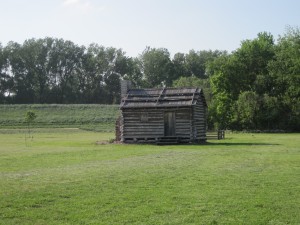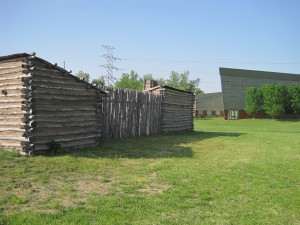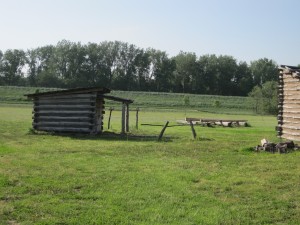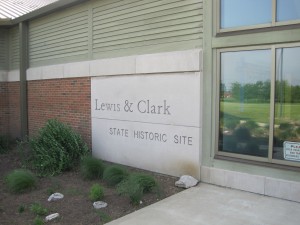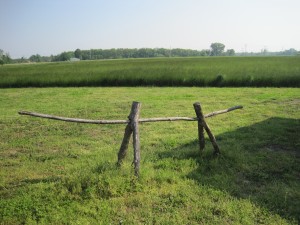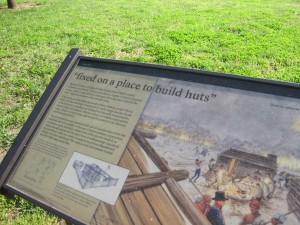What do you think of when you hear the words “British”? Well, it depends on who you are, doesn’t it? I bet the French, the Irish, the Scots, and the Americans think of them differently than the Germans, South Africans, Indians and Nigerians do. Stiff upper lipped, stoic and unyielding. My first impression of Britain started and ended at the UK Border Agency counter at Heathrow Airport in London en route to Boston, and it wasn’t very heartwarming. Portrayals in Mel Gibson’s The Patriot and Braveheart didn’t help either, and if those were all I had, I’d have re-routed my plane flight to go through France. But then, there was Colin Firth in The King’s Speech that brought much humanity back to the name. And there is the delightful Queen. In any case, this post – which is merely supposed to explore my contact and thoughts with stereotypes has just merely started. I chose “British” as the first example in my head. Imagine if I’d chosen to start with “Jewish.”
Now, I have just listened to a nine minute video by Andy Borowitz, one of my best living comedians. His tweet feed was named the funniest of 2011 and he has provided the best commentary on every contemporary news since I’ve started reading him. He makes twitter a fun place to spend one’s day. So, back to the story. One day, I discovered that he was also a stand-up comedian. I’d always thought that it was hard to combine being funny in 140 characters to being funny in real life. He does both very well that now I can’t tell which one I like better. (Well, that was a lie. His tweets take the cake.) What was notable about him today that I discovered was that he is Jewish. Now it all makes perfect sense. See – and I’m not an aspie like my friend Clarissa – I sometimes tend to look for patterns, for no good reason. I discovered sometime ago that Jon Stewart was Jewish, and then I knew of Lewis Black, and then Larry King, then Jimmy Kimmel, and Jerry Seinfeld. The only other thing that connected them all was that they were funny, brilliant people. Then Woody Allen.
Now, a few steps back again. My favourite authors weren’t Jewish. They were Irish. George Bernard Shaw, James Joyce, Seamus Heaney, Jonathan Swift, Oscar Wilde, Samuel Becket, W.B. Yeats, (and Barack Obama 🙂 ). I had grown myself into the idea that the most brilliant authors/people had some Irish in them. Oh, and let me now forget George Carlin. So it was such a shock to find out that when it came to intelligently interrogating ideas through literature and the arts, the Irish were not just the ones out there, and were definitely not the funniest. Thinking about it now, I should have taken a hint from the fact that Albert Einstein and Richard Feynman also had Jewish ancestry. So where does that leave me? Nowhere, actually. Like I said in a much earlier post, the link between the Yoruba people of West Africa to the Middle East – as plausible as it sounds on the surface – leaves many questions than answers. And that’s fine. I’ll just watch the Daily Show, Jimmy Kimmel Live, read Borowitz Report and go watch Larry King (whose last name is actually Zieger) on his comedy tour. There is an interesting, notable pattern in the talent of those who carry the ethnic (if not the religious) identity into the public sphere.
And there ends my post on stereotypes. I’m sure this wasn’t what you were expecting, but I have a feeling that a sequel will come sometimes soon when I come up with the other recollections of contact with people based on expectations, observable patterns of behaviour, hearsay, and yes, stereotypes. And yes, my friend Clarissa, and my head of department are Jewish as well. Regarding that expectation of brilliance – if only through contact – now I have nowhere to hide, and no excuse.
